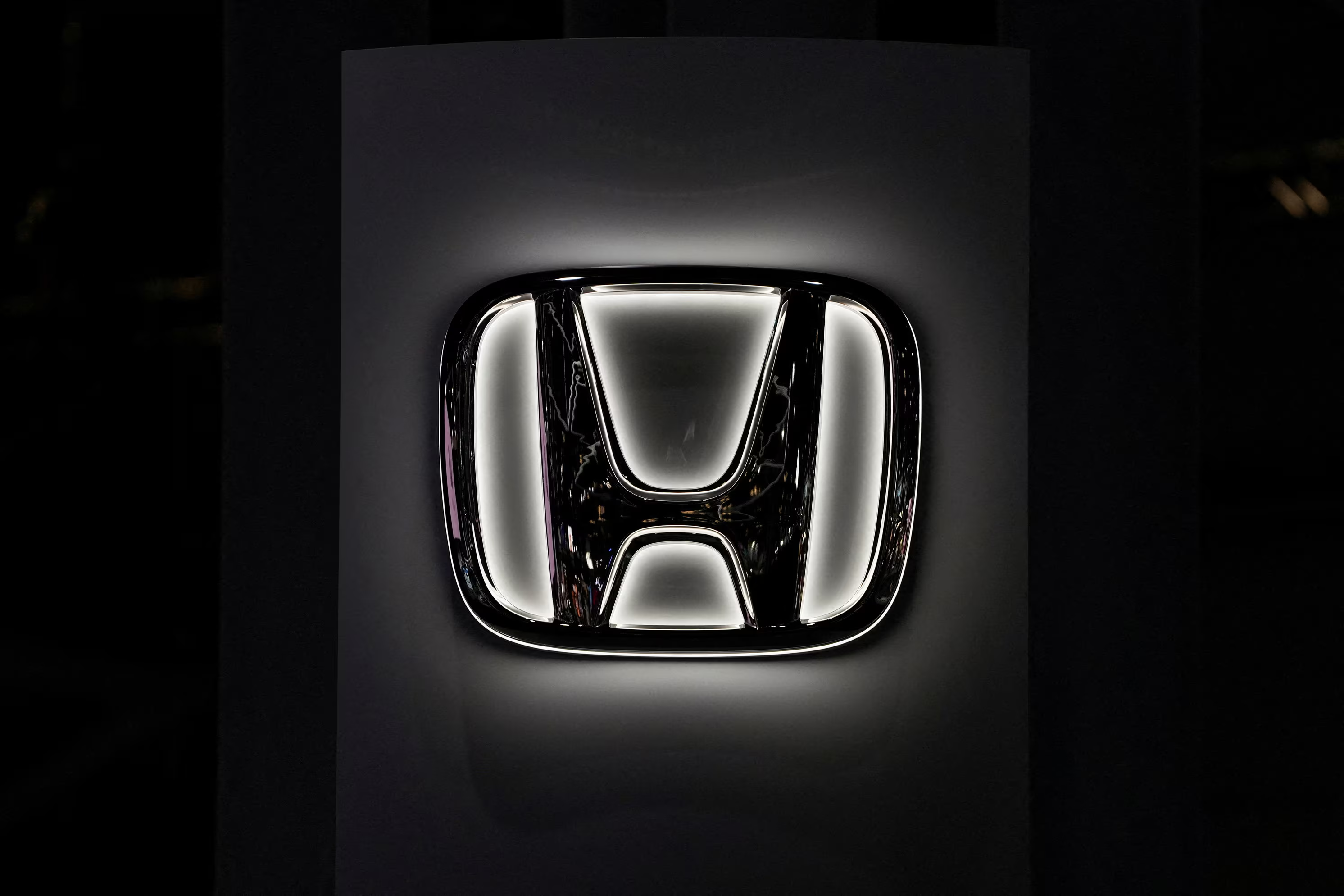Honda's quarterly profit has taken a significant hit, plummeting 50% year over year due to the impact of U.S. auto tariffs and a stronger yen. The Japanese auto giant reported an operating profit of 244.17 billion yen, missing estimates of 323.48 billion yen. Despite this, the company has raised its full-year operating profit forecast to 700 billion yen, up from its previous forecast of 500 billion yen, citing a smaller-than-expected impact from the auto tariffs. This revision comes as a surprise, given the significant decline in quarterly profits, and suggests that Honda is confident in its ability to mitigate the effects of the tariffs.
The U.S. auto tariffs, which came into effect on April 3, have been a major challenge for Japanese carmakers, with Honda's exports to the U.S. accounting for around a quarter of its total exports from Japan in the first half of the year. The company's global sales fell 5% over the period, impacted by declines in China, Asia, and Europe. However, Honda's motorcycle business saw its sales expand in markets like Brazil and Vietnam, achieving its highest-ever quarterly operating profit. The company's electric vehicle sales also remained strong in North America, indicating a potential area of growth for the company.
The impact of the U.S. auto tariffs on Honda's profits is a significant concern, but the company is taking steps to mitigate the effects. A Honda executive stated that the company's manufacturing plants in the U.S. would help to reduce the impact of the tariffs, and that the company would look for ways to increase production volume in the U.S. without spending too much on capital investment. Additionally, Honda is considering building up production stateside for its new energy vehicles to avoid tariffs. This strategy could help the company to reduce its reliance on exports from Japan and minimize the impact of the tariffs on its profits.
The auto tariffs have been a major challenge for Japanese carmakers, with Nissan reporting a net loss of 115.8 billion yen for the first quarter, attributing adverse exchange rate movements and the impact of U.S. tariffs. Toyota, Japan's largest carmaker, is set to report earnings on Thursday, with economists expecting that it will post its lowest operating profit in over two years. The tariffs have also had a significant impact on Japan's economy, with auto exports to the U.S. making up 28.3% of all shipments in 2024. The Japanese government is seeking to press the U.S. to sign an executive order confirming the exact date for the auto tariffs to be lowered, with Prime Minister Shigeru Ishiba stating that he would not hesitate to speak with President Donald Trump to ensure the cut to U.S. automobile tariffs is implemented soon.
In conclusion, Honda's quarterly profit decline is a significant concern, but the company's revised full-year forecast suggests that it is confident in its ability to mitigate the effects of the U.S. auto tariffs. The company's strategy of increasing production in the U.S. and building up production stateside for its new energy vehicles could help to reduce its reliance on exports from Japan and minimize the impact of the tariffs on its profits. As the global automotive industry continues to evolve, Honda's ability to adapt to changing market conditions and navigate trade headwinds will be crucial to its success. With the company's strong motorcycle business and growing electric vehicle sales, Honda is well-positioned to navigate the challenges ahead and emerge as a leader in the global automotive market.

